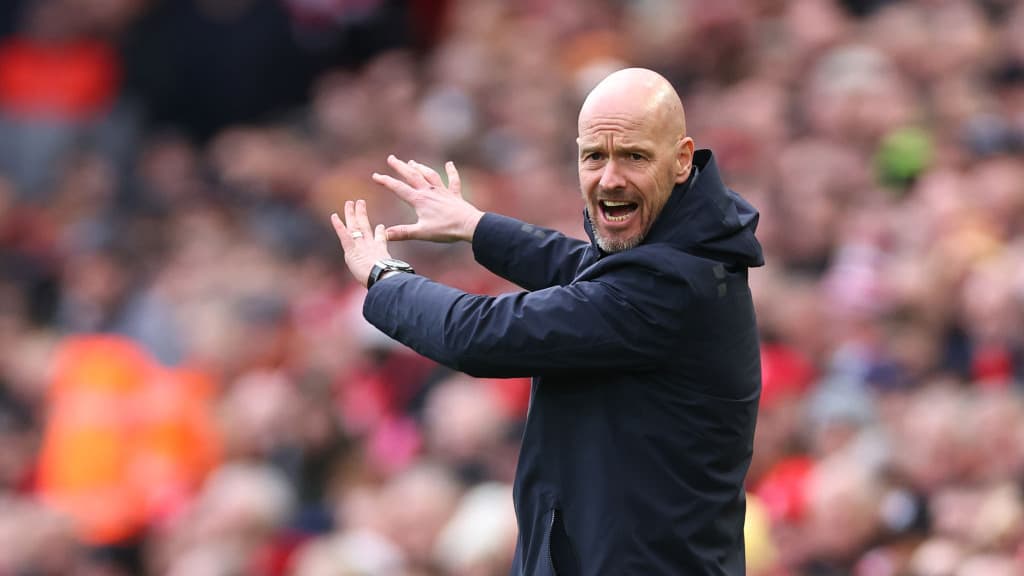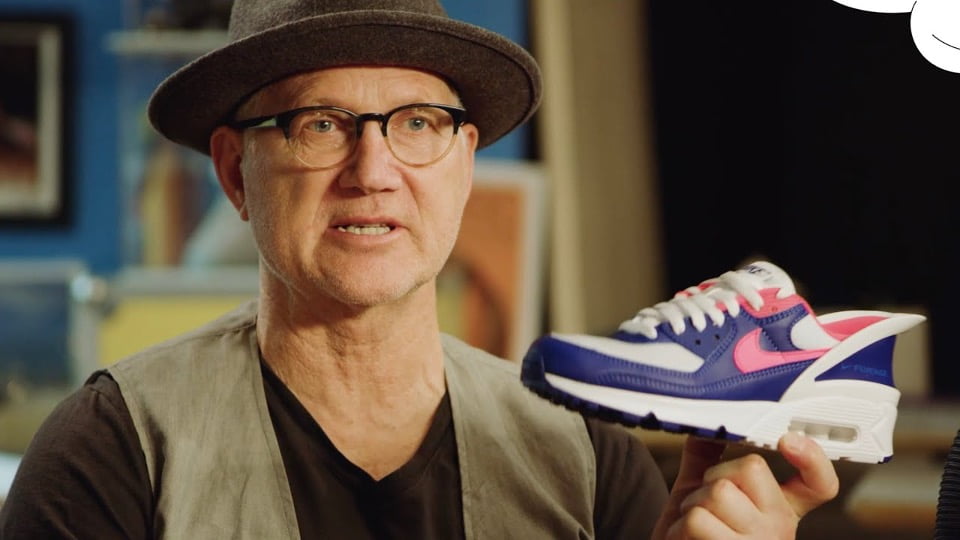
Building a well-functioning coalition is difficult with super chickens in your team. Manchester United soccer coach Erik ten Hag understood this very well, writes innovation expert Simone van Neerven. He asked star player Ronaldo to leave, and now, the team is back on track again. ‘A team that can work well together is much stronger than a brilliant individual.’
The 'super chicken-effect' in teams
Evolutionary biologist William Muir wondered whether it would be possible to breed “super chickens” that laid more and bigger eggs than the rest. He used two groups of hens for his experiment. Chickens with an average egg output made up one group. The so-called “super-chickens,” chickens with better output, made up the other group. The two groups lived separately from each other.
After some time, the two groups were compared. The average chickens were all healthy, plump, and laid a ton of eggs. In the super-chicken group, however, only three were still alive. They had pecked each other to death. The super chickens turned out to be more productive at the cost of the productivity of the other chickens.
It is all about teamwork and putting the team's interest first
If you have a group of super chickens, they compete, fight, and damage each other in their drive for success and dominance. Regular chickens thrive off of each other and are content to live together in an environment which they can improve together. They work as a team to progress and build.
The comparison to businesses was drawn by University of Bath professor Margaret Hefferman. She states that super chickens in the workplace affect the morale of the entire team. If one on the team tries to be the star, it causes problems for the rest of the team. The secret to successful teams seems to be collaboration and prioritizing the needs of the team.
The miraculous comeback of Manchester United
A good example of a super-chicken at work comes from the soccer club Manchester United. The team had been extremely successful for years, but its performance had drastically declined in recent years. When Ten Hag became the team’s trainer in April 2022, he seemed to be faced with a mission impossible.
The turnaround of the team started just a few months later when Ten Hag parted ways with Ronaldo, who was seen as the star player of the team. Ten Hag saw that his diva behavior had a major, negative impact on the entire team and thus he asked him to leave. Not long after, Ten Hag added Wout Weghorst to the team. Weghorst is the opposite of a super chicken. He turned out to be a great team player who brings out the best in the other team members. He doesn’t mind not scoring himself, either.
The impact of too much talent
Researchers at the VU University in Amsterdam discovered that soccer teams with 60% or more top talents perform significantly worse because they collaborate less effectively. This effect is not limited to the top level only. The same is true for amateur teams and youth teams; they both also perform worse when they have too many very talented players on their team.
Hotspots are breeding grounds for creativity, action, and energy
Successful teams are brimming with energy. They are often more innovative and perform significantly better. And that’s exactly what fascinated Lynda Gratton, a professor at the London Business School. She asked herself the question of why one team, department, or organization is a hotspot while another is not at all. Her research shows that the will to collaborate is crucial. She also found that an overarching, inspiring goal or challenge is contagious and ensures that employees are set on fire. The third important factor is the ability to collaborate across departments and divisions.
But, if the objectives are not met, all of this energy is still useless. So, meeting the ambitious goals requires employees who dare to take ownership and managers who create an environment where employees can and dare to do this.
Successfully innovate and perform well
A team that works well together is much stronger than one brilliant individual. The innovative power of an organization does not come from solo genius or an occasional brainstorming session with each other. It requires a deeply rooted will to put the organization’s interests first, to look beyond the boundaries of departments, and to genuinely work together.
So, if you want to innovate and achieve results with your team or organization, do you have the guts to say goodbye to the super chicken in your team?
This article was originally published in Dutch on MT/Sprout, the most popular business and management platform in the Netherlands.
don’t miss out!
get my columns straight into your mailbox:


